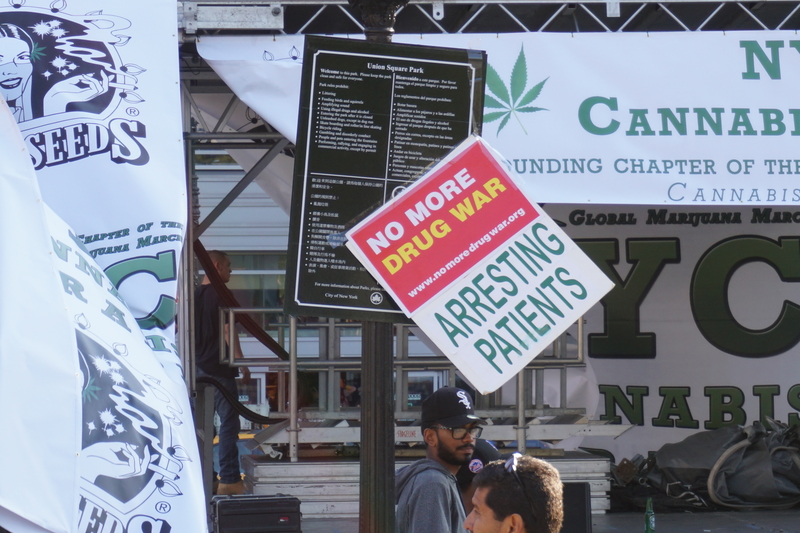
Judge Jack Weinstein of Brooklyn, New York admits he’s probably been too harsh on marijuana offenders throughout his career. To make amends, he has vowed to be more lenient in future cases and to fix the cases he can now.
To that end, he plans to dig back through his cases and do away with supervised releases for marijuana offenders. Assigning probation officers to offenders who are simply trying to get their lives together after time in jail is a waste of time for all parties involved, Weinstein reasoned.
He’s already begun by prematurely terminating the three-year supervised release of 22-year-old Tyran Trotter, despite the fact that Trotter had smoked marijuana to stay “calm and on the right path.” While Trotter was in the system after pleading guilty to conspiracy to distribute heroin, Weinstein believes that booking him just for marijuana would be a mistake.
“If his supervision continues, he will probably end up in the almost endless cycle of supervised release and prison,” wrote Weinstein of the case in a 42-page ruling.
Besides Trotter’s case, Weinstein also wrote more broadly about marijuana’s legal status in general, mentioning that it’s “becoming increasingly accepted by society.” Law enforcement and the court systems are beginning to reflect this change in perception as well. Weinstein notes that even New York prosecutors aren’t aggressively pursuing lower-level marijuana cases.
Additionally, the New York Police Department has taken to issuing summonses to people caught smoking marijuana instead of arresting them.
However, Weinstein notes, the use of marijuana is still illegal at the federal level and federal probation officers will act accordingly. If marijuana offenders don’t stay mindful of this distinction, it could lead to getting booked for violating probation or even getting thrown in a cell.
Potentially, that’s a lot of offenders considering 13% of supervised releases in Brooklyn and Long Island area courts are drug-related. Weinstein isn’t the only judge who feels that way; a 2014 survey revealed that more than 85% of 650 federal court judges felt that offenders should not be automatically locked up when charged with illegal drug possession.
